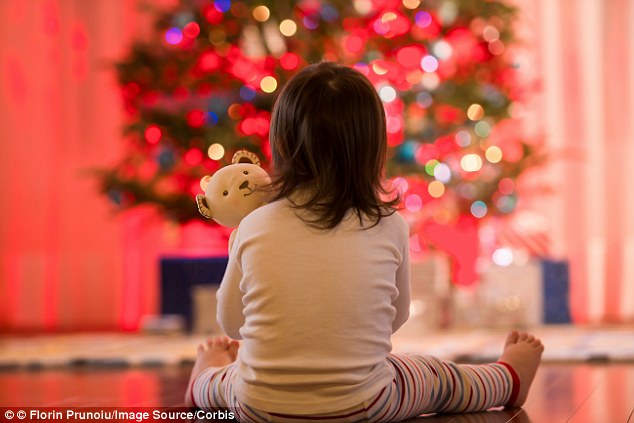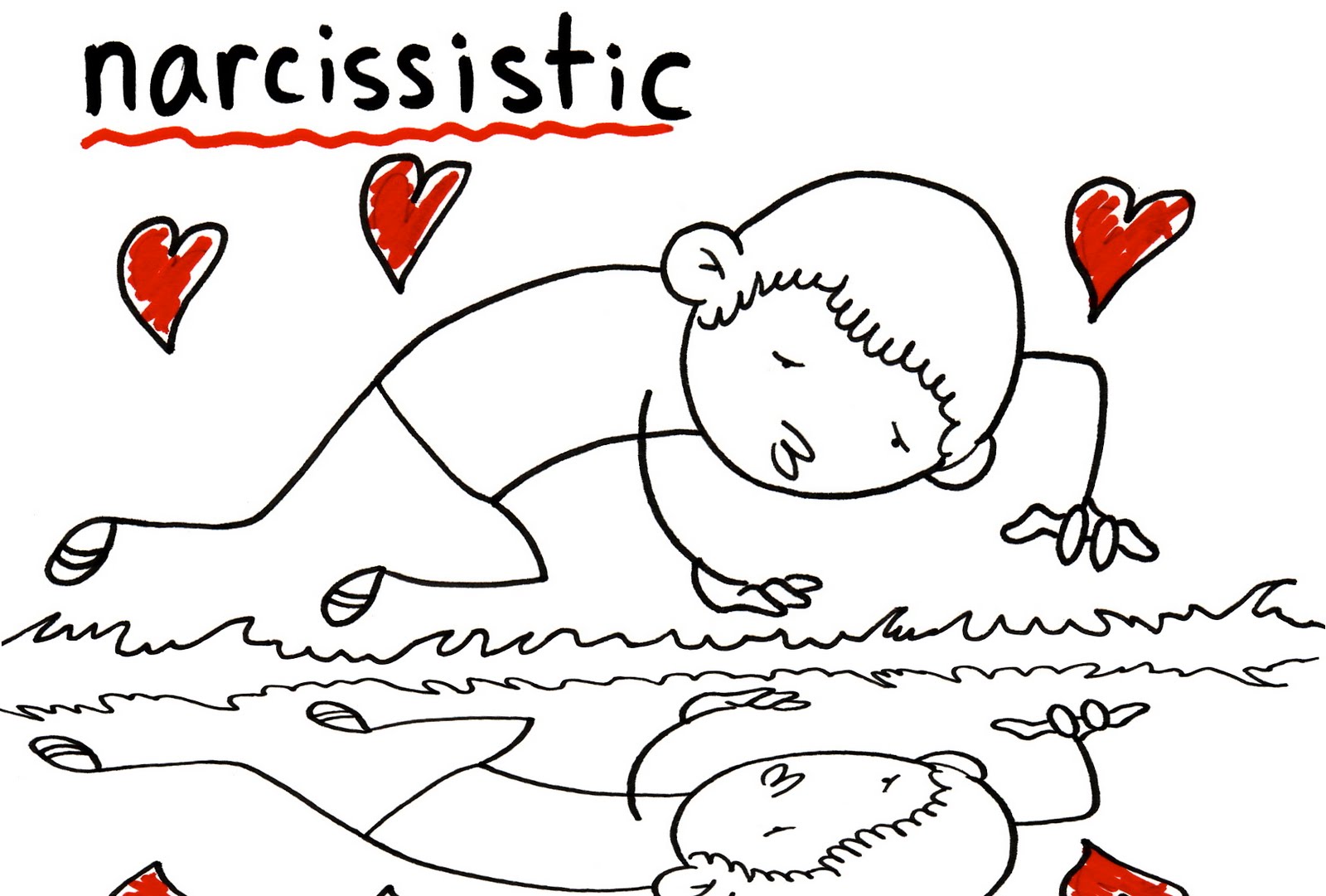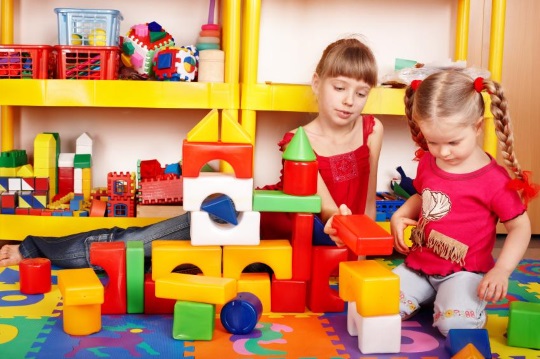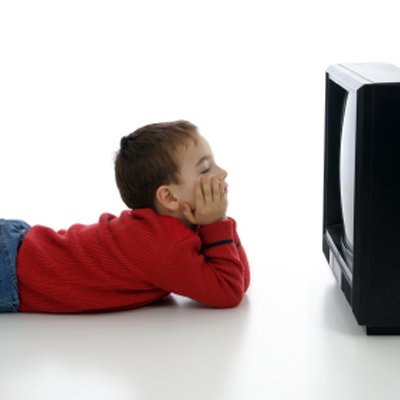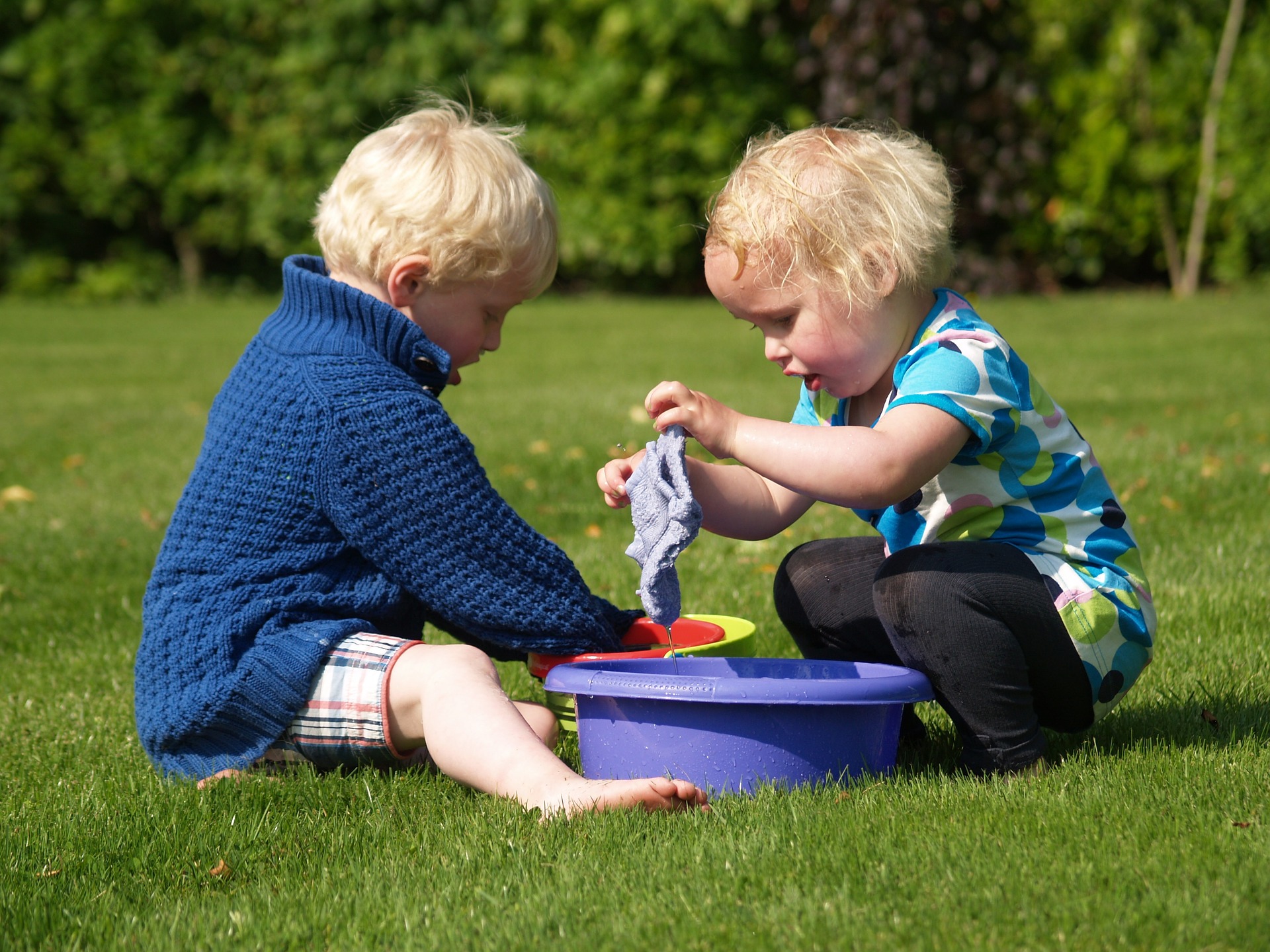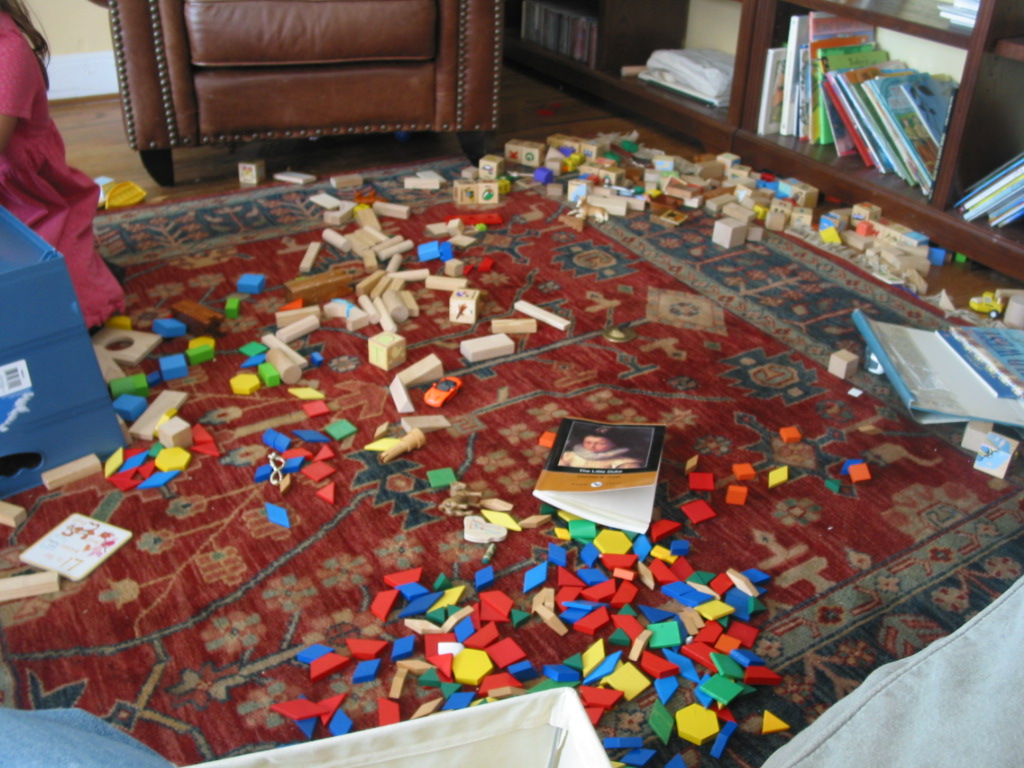Bad News for Kids: Too Many X'mas Presents
Too many Christmas presents can lead to gambling debts, marital problems and unhappiness in later life, researchers warn It may be the Christmas grinch of scientific studies - but researchers have warned parents not to buy their children every present they ask for.
Experts warn they may be setting children up for difficulties later in adulthood. Missouri researchers warn buying too many presents for children can turn them into materialistic adults and cause behavioural issues in later life. The new study from the University of Missouri and the University of Illinois at Chicago found that parents who use material goods as part of their parenting techniques may be setting children up for difficulties later in adulthood. 'Our research suggests that children who receive many material rewards from their parents will likely continue rewarding themselves with material goods when they are grown - well into adulthood – and this could be problematic,' said Marsha Richins at MU, who led the study. 'Our research highlights the value of examining childhood circumstances and parenting practices to understand consumer behaviours of adults.' Richins, who completed the study with Lan Chaplin, associate professor of marketing at the University of Illinois at Chicago College of Business Administration, found that three parenting strategies led to greater materialism: When parents use material goods in these ways, their children, when grown, are on average more likely to believe that success in life is defined by the quality and number of material goods an individual owns or that acquiring certain products will make them more attractive. According to Richins, previous research has shown that adults who define themselves or others by their possessions are at a much higher risk for marital problems, gambling, financial debt and decreased well-being. Materialism also contributes to environmental degradation due to overconsumption and waste of goods.
'Loving parents tend to provide their children with material rewards,' Richins said. 'One explanation for the link between material rewards and later materialism is that children who receive these rewards are more likely than others to use possessions to define and enhance themselves, an essential element of materialism.' Other aspects of parenting also can have an effect on the development of an adult's attitude toward material goods. For example, the researchers also found that a relationship existed between parental rejection and materialism. Children who felt that their parents either did not have time for them or were disappointed in them were more likely to be materialistic. Additionally, adults who received both material rewards and material punishments as children are more likely to admire people with expensive possessions.
'It's OK to want to buy things for your children, but remember to encourage them to be grateful for all the people and things they have in their lives,' Chaplin said. 'Each time children express their gratitude, they become more aware of how fortunate they are, which paves the way for them to be more generous and less materialistic. Written By Mark Prigg
|
|







